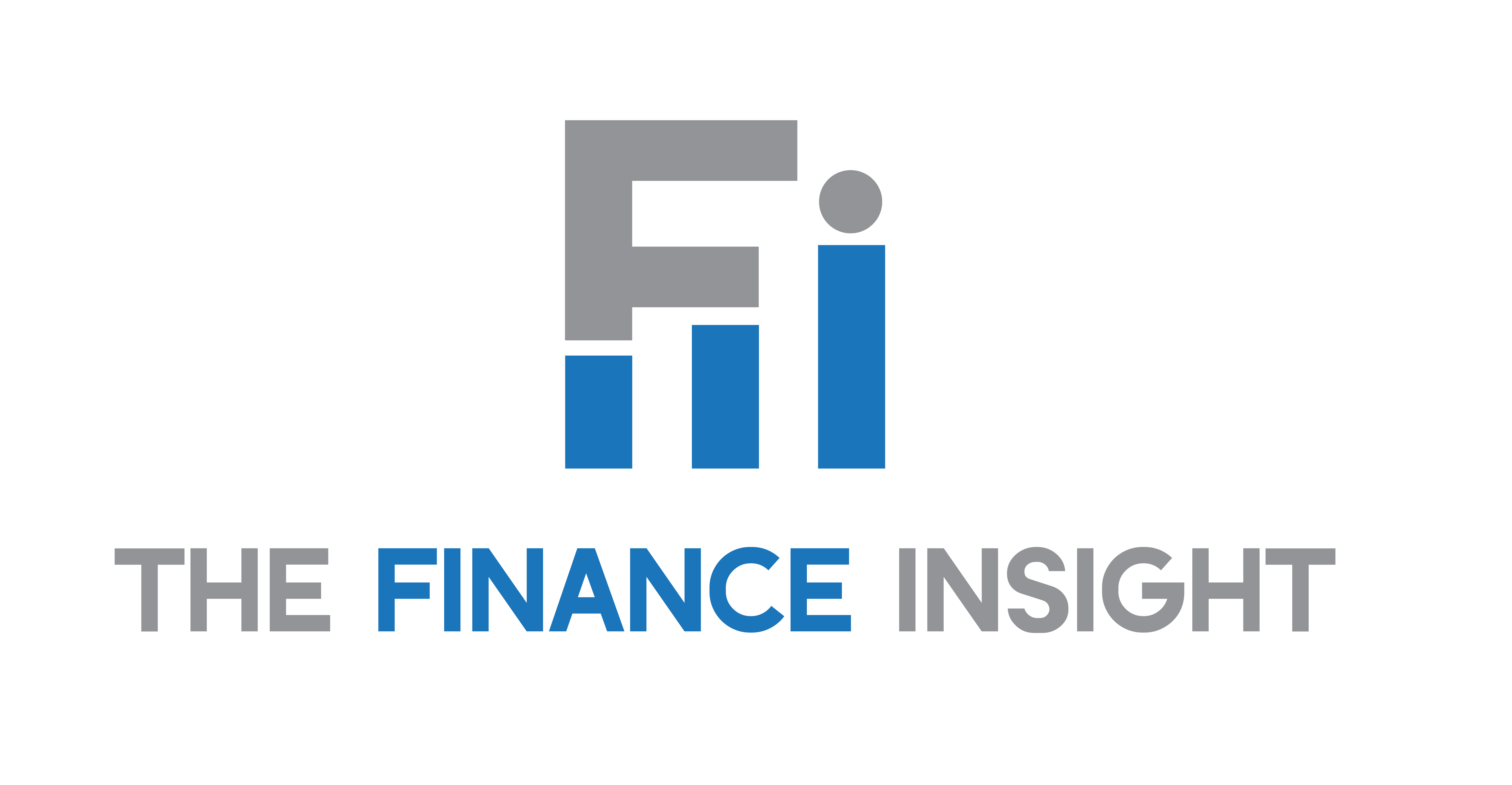Kenya is taking a giant leap in entering the sphere of cryptocurrency and blockchain. A countrywide initiative to investigate and embrace Bitcoin, stablecoins, and blockchain technology has been declared by the government via its Ministry of Information, Communications, and the Digital Economy (MICDE). The news was posted on social media by the Cabinet Secretary William Kabogo, who described digital assets as the future of finance. It is a major turnaround from its earlier caution on crypto by the government. According to Kabogo, the country is moving, now, to be not afraid but to lead, and is serious in its bid to be a digital hub for performing finance in Africa.
The government is in the process of a National Policy on Virtual Assets, and a Virtual Asset Service Providers (VASP) Bill. These will assist in the development of clear rules, even as they will encourage innovation. Meanwhile, they are going to be interested in safeguarding users and facilitating financial inclusion. Its action is well placed-as Kenyans are already doing more than half a billion dollars worth of trading in crypto on a monthly basis, according to Kabogo. This is an indication of just how popular the usage of digital assets is in the nation, prior to any proper regulation.
The initiative of Kenya is not on the upper side. At the grassroots level, there is also a movement. This month, the ministry supported Kenya Digital Token (KDT), a token developed by the community but based on the Solana blockchain. Although the government has not created the token, it suits the national objectives of Kenya in terms of innovation and inclusion. Kabogo commended the project, terming it a great demonstration of what would occur when the citizens and the government collaborate.
He has also emphasized the ability of blockchain to make a tangible change in the lives of people. He provided the case of a villager who would now be able to raise funds, invest, or reach international markets with tokenized assets at their disposal. Kabogo claimed that this kind of access can be qualified as the so-called bottom-up economic vision in Kenya, which is hinged on the improved economic prospects of the ordinary people. In order to achieve it, he believes that blockchain and crypto can play a great role.
These new strategies are demonstrating that Kenya is turning into a progressive African state in digital finance. Kenya can be an example to the others, who may want to enter the Web3 world, in case the laws and regulations remain transparent and are well-maintained. Kenya would not afford to lag behind, as asserted by Kabogo. This undeniable interest of the government in Bitcoin, stablecoins, and the blockchain demonstrates that the government is ready to compete in the global market and enable its people to enjoy the expanding digital economy.

